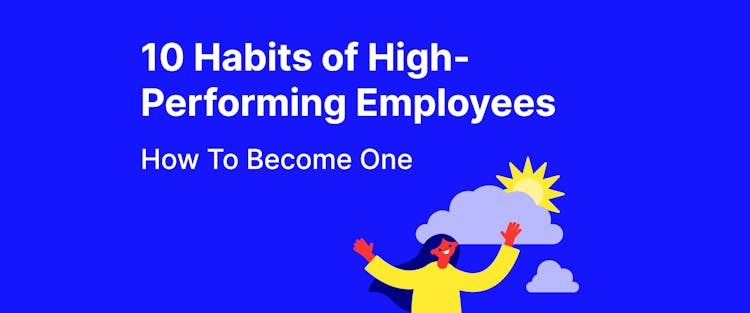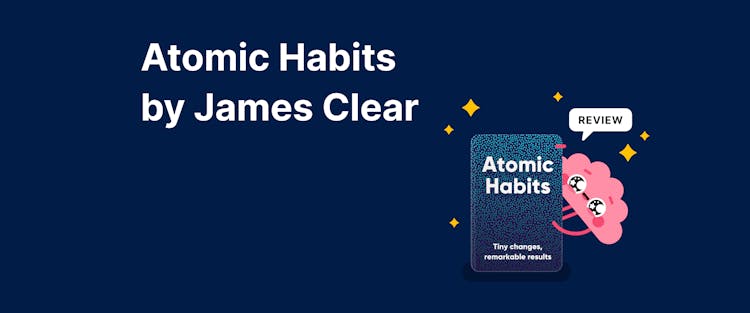Stephen R. Covey first published “The 7 Habits of Highly Effective People” in 1989. This book has changed the self-improvement world for the better ever since. The book is an international bestseller and a great reference for people that seek to improve their lives. The behavior principles explained in this fantastic book are of high value to anyone looking for success in their family, career, or other areas of life. You will learn good habits and beneficial tips for your professional and personal communication with others. You will experience a change in no time once you implement the immense amount of valuable and practical tools in this book.
To change ourselves effectively, we first had to change our perceptions.
Stephen R. Covey
Chapter 1. The easiest way to improve your personal and professional life is by developing the right habits
Humans are creatures of habit. Our routines define our character, and they exert an invisible force on our behavior. Whatever we do is a function of our practices. Therefore, the best way to achieve any worthwhile goal is to train ourselves to do the things that will lead to the goal effortlessly.
There are 7 key areas where we all need to pay attention to become highly effective. We need to learn to:
Choose to be proactive rather than reactive
Visualize the end of an endeavor before undertaking it
Schedule our priorities instead of prioritizing our schedule
Seek what is beneficial for everyone involved
Try to understand others first so that they can understand us
Work with others to achieve exponential results
Keep an effective system running

Millions of people all over the world are full of praise for this highly influential book. You, too, can share in the precious resources embedded in it.
Chapter 2. Sustainable change comes from character change and not behavioral change
Real change comes from the inside out. A lot has been written on how to be successful, improve your life, and how to act on it. Going as far back as 1776, Stephen Covey found that fiction can be divided into two major groups:
Promoting personality ethic
Teaching character ethics

The idea behind the personality ethic is that you can learn specific skills that will produce behavioral change. Understanding the intricacies of verbal and non-verbal communication will bring about desirable change. Personality ethic provides a shortcut. The only problem with a shortcut is that it doesn’t endure. Sustainable change doesn’t come from taking the personality ethic route.
Character change is more sustainable than behavioral change.
The method of personality ethic is superficial. It is attractive because it provides a quick fix. To be highly effective for a lifetime, you need a more dependable approach to change. The character ethic is a route that leads to lasting growth and consistent success.

Working on our character is not easy. It requires identity change. We must adjust our worldview, belief system, and habits to put us on the right course for sustainable success. For example, virtues such as fidelity, integrity, and honesty can only come from within. They aren’t techniques to learn. Instead, they are character traits that come from a particular belief system. Change your core. But how?
Chapter 3. The journey toward lasting change begins with a change in paradigms
Paradigms are the filter through which we see the world around us. Two people might look at a crowd and see entirely different things. It is a function of the paradigm they use. When your worldview aligns with the basic principles upon which the universe operates, you will be able to navigate life successfully. A person with a negative paradigm will continually see negativity, while a person with a positive one will find comfort even in pain.
A paradigm shift is a key to character change.
Our set of paradigms determines our character. Our paradigms can spell the difference between success and failure in business and relationships.
For example, Covey experienced a paradigm shift one Sunday morning in a relatively silent subway car. A man and his children boarded, and the vehicle became noisy immediately.
Surprisingly, the man did nothing to control his “undisciplined children.” Covey became so irritated by the noise that he asked the father to supervise his children. The man’s response caused Covey to have a sudden paradigm shift. He said they were coming from the hospital where their mother had died. He didn’t want to control the children because they were all in shock. This answer switched Covey’s mood from irritation and annoyance to compassion and willingness to help. This is the power of the paradigm.
Paradigm shifts are not usually sudden. They require a deliberate attempt to shift from the way we perceive things to developing qualities universally recognized as charitable.
Our paradigms, correct or incorrect, are the sources of our attitudes and behaviors, and ultimately our relationships with others. ~ Stephen R. Covey
These qualities or principles are best seen as natural laws that we should not violate. A realistic worldview is most closely aligned with these laws. When we develop personal principles that agree with universal laws, we will increase our chances of achieving sustainable change to lead a successful life.







